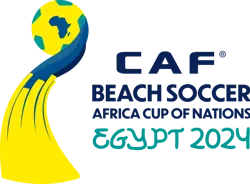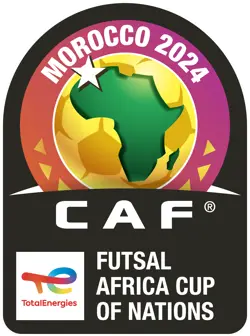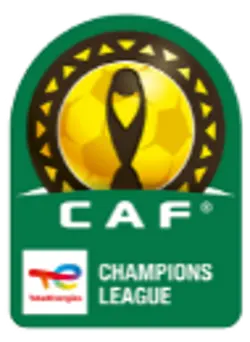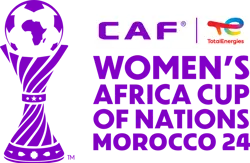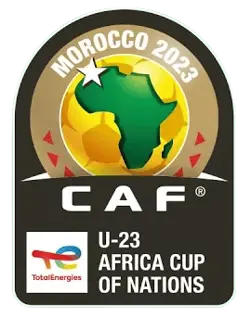Breaking Barriers: Diana Chikotesha’s rise as Africa’s trailblazing woman referee
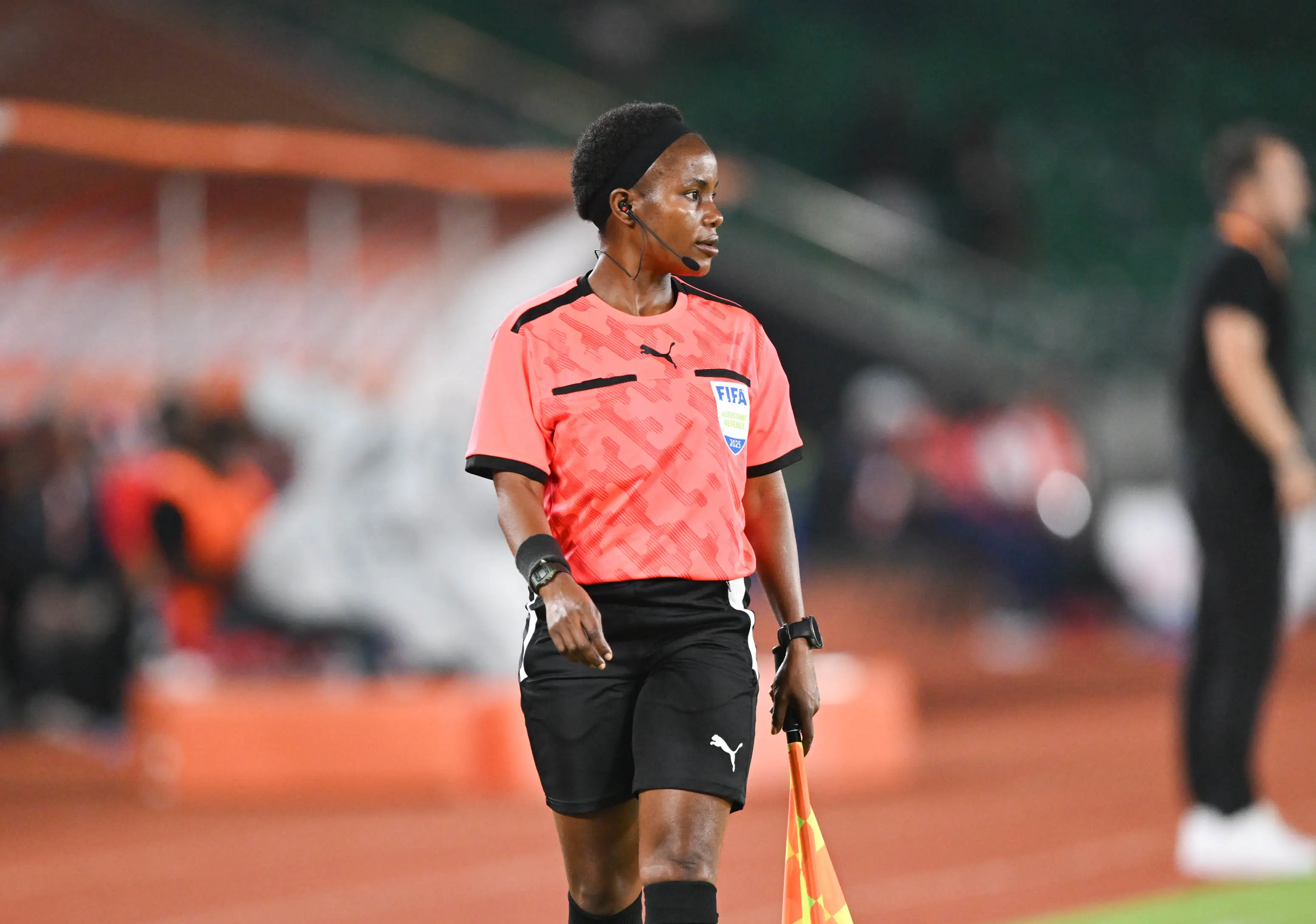
Zambia’s Diana Chikotesha has already written her name into African football history. At the 2023 TotalEnergies Africa Cup of Nations (AFCON) in Côte d’Ivoire, she became the first woman to officiate a men’s AFCON final — a groundbreaking achievement on one of the continent’s biggest stages.
Now, the 34-year-old assistant referee is once again breaking barriers at the ongoing TotalEnergies African Nations Championship (CHAN) in Kenya, Uganda, and Tanzania.
For Chikotesha, the moment is about more than just personal success — it is part of a wider mission to inspire young girls across Africa to believe they too can thrive in a field long dominated by men.
Speaking to CAFOnline.com, she reflected on her journey, the challenges of the profession, and her determination to encourage the next generation of African referees.
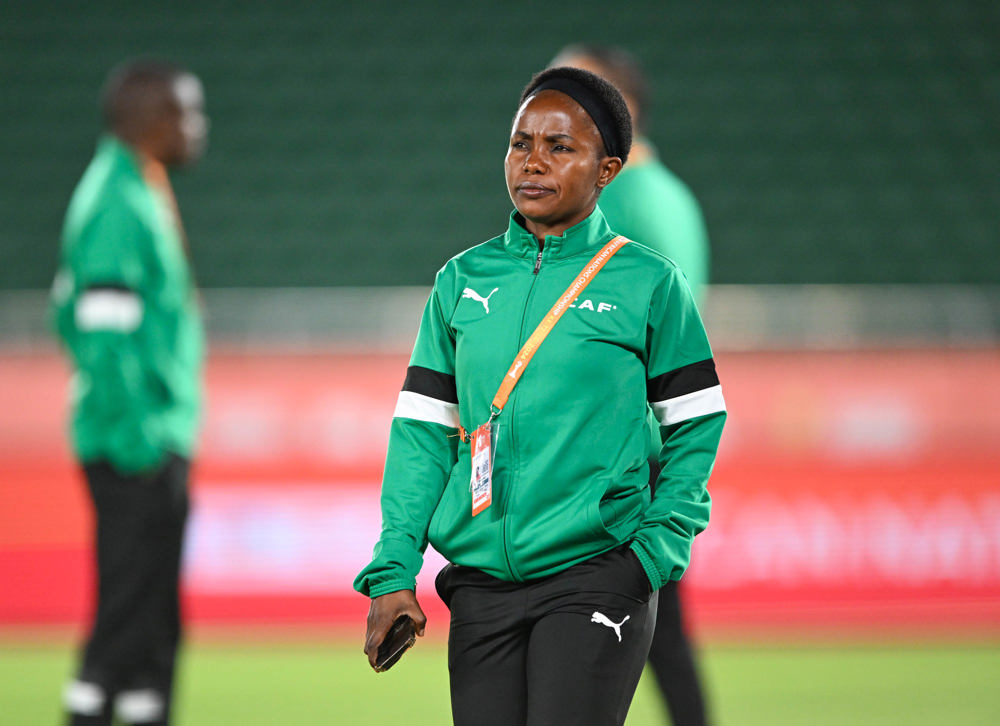
Take us through your football journey and how it has been so far
I’ve been a lover of football since childhood and thought being a match official was something I could excel in. The journey has been very good so far, but we are not yet there — we keep fighting for better things.
With the support of the Confederation of African Football (CAF), FIFA, and our FAs, who have been very supportive of women match officials in Africa, we have achieved so much. The journey for female referees has been extremely good.
How easy or difficult is it for a woman to be in a male-dominated field?
Our African culture in some countries is really hitting us badly. In very few countries can you take a girl from the community and put her on the podium to become a match official. But in other countries, I believe they are embracing it very well.
It is not easy. It takes a lot of determination, hard work, and passion for the sport. For those of us who are here, we are very confident in fighting for our space in a male-dominated field.
When officiating, do you approach a men’s match differently from a women’s match?
Definitely, there is a different approach. For example, at this CHAN, the fans in the stadium, the media outreach, and the sheer number of people following men’s football is huge.
Men are also faster in terms of speed, so you can’t compare them with women. If I know I am nominated for a men’s tournament, I need to step up my training physically so that I can match the tempo.

What are the physical demands and fitness levels required to officiate men’s competitions?
The demands are high. At CHAN, CAF’s Referees’ Committee advises us that if we want to participate in men’s competitions, we must run the men’s fitness test. That means running at their timings and distances.
Men’s football is faster. So even if I am technically strong, I still need to cope with the speed of the players. We train together and set the same bar. It is not the same as doing a women’s competition — the bar is simply higher.
Take us back to officiating at the AFCON final. How was the experience?
When the president called my name, I didn’t expect it and I hadn’t seen it coming. It was a huge experience — one I will cherish forever.
When I sit back, I feel proud. Like, yes, Diana, you really did it. But it’s also about the confidence and investment CAF and FIFA have put into female match officials.
They saw my abilities, thought I was equal to the task, and gave me the chance. The experience was amazing — a fully packed stadium, an end-to-end game, and an unforgettable final.
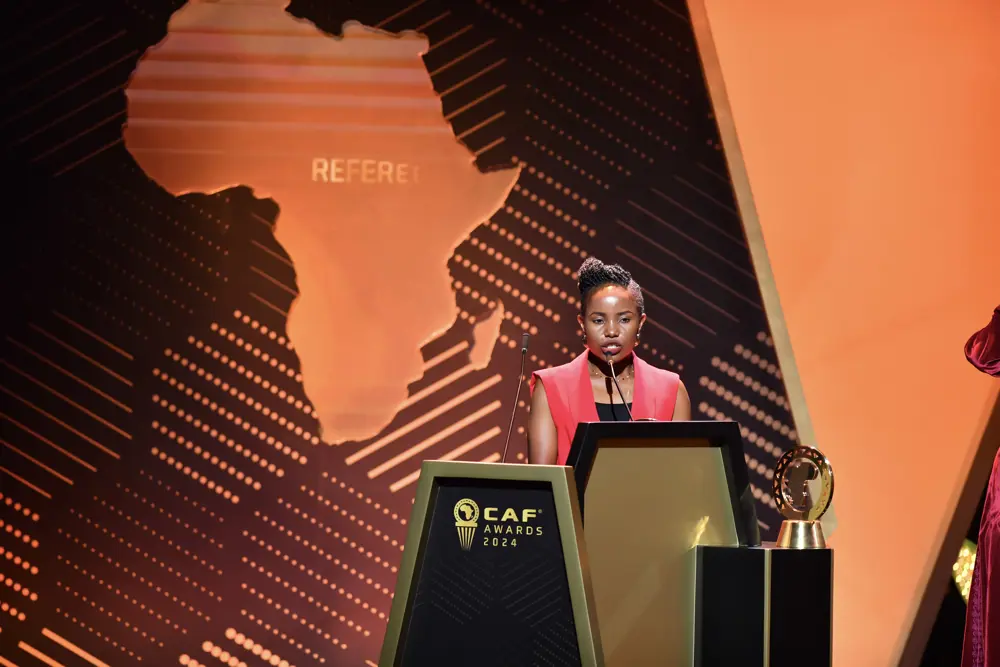
In your opinion, what makes women shy away from officiating?
As I mentioned earlier, African culture is a big barrier. A girl child participating in a male-dominated field is still difficult. In some cultures, women aren’t even allowed to use the same gym as men, and there are very few women-only gyms. That’s a big challenge.
Secondly, more needs to be done by the Federations. CAF is doing its best, which is why you can now see us in men’s competitions. They trust us and see the potential. But the national federations need to invest more in female referees.
What is the future of women refereeing in Africa?
The future is very, very bright. We have seen more women referees coming on board with CAF’s support, and the numbers will only grow.
I was the first woman to officiate an AFCON final — that is not something small. It shows CAF’s confidence. At CHAN, the number of female match officials has also increased. This means the future is promising.

What are some of the qualities that have made you who you are today?
It’s been a lot of sacrifice and hard work. At the end of the day, you are a mother, a wife, and perhaps working or studying — and you still have to balance FIFA and CAF training. It’s a lot of sacrifice.
You sacrifice family time. You need to be very firm and determined in setting your goals and ask yourself: what do you want to achieve? That keeps your ambition alive.
What is your message to young girls across Africa who dream of following in your footsteps?
My message is that gender should not determine success. If you feel you have the potential, go for it. Even if it’s a male-dominated field, never look at yourself and say, “I am a girl, so I can’t do it.”
Just step up. See yourself flying in the sky. There is only one thing you can achieve without effort: failure. Do you want to be a failure? No. So wake up, fight, and achieve your dreams.
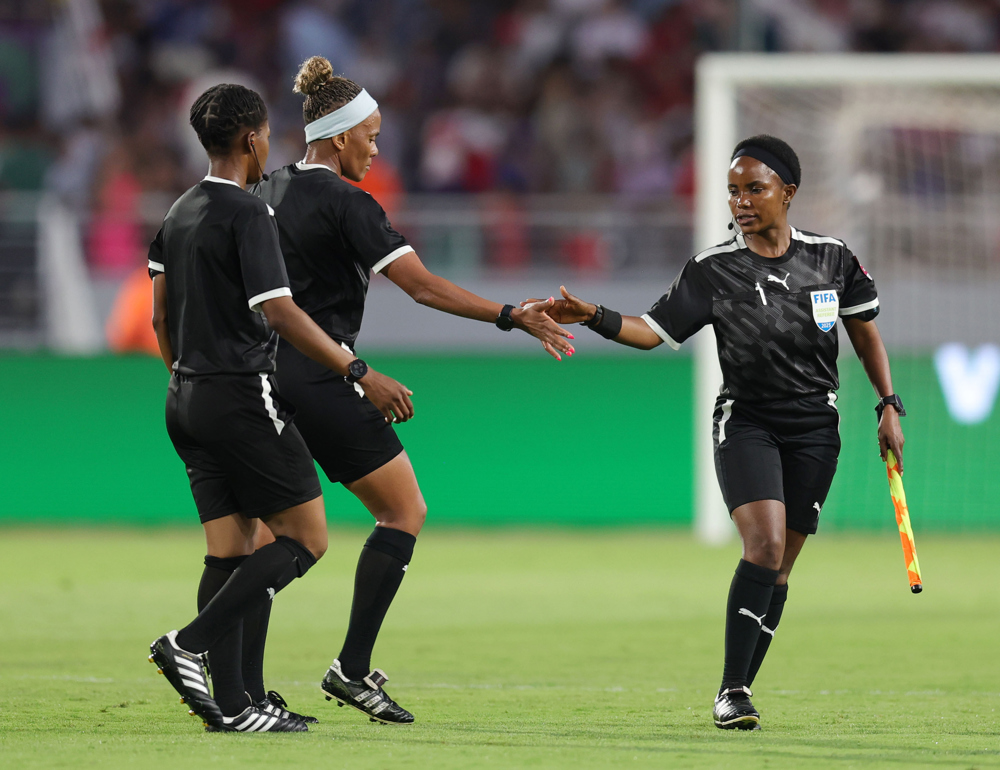
Finally, what has been the most difficult match you have officiated?
The toughest was at the last AFCON in Côte d’Ivoire — a round of 16 match between Mali and Burkina Faso, where I disallowed two goals for offside. It was tense, with huge pressure from the fans, and as it was a knockout match, the tempo was very high. But as a team, we did our best.


